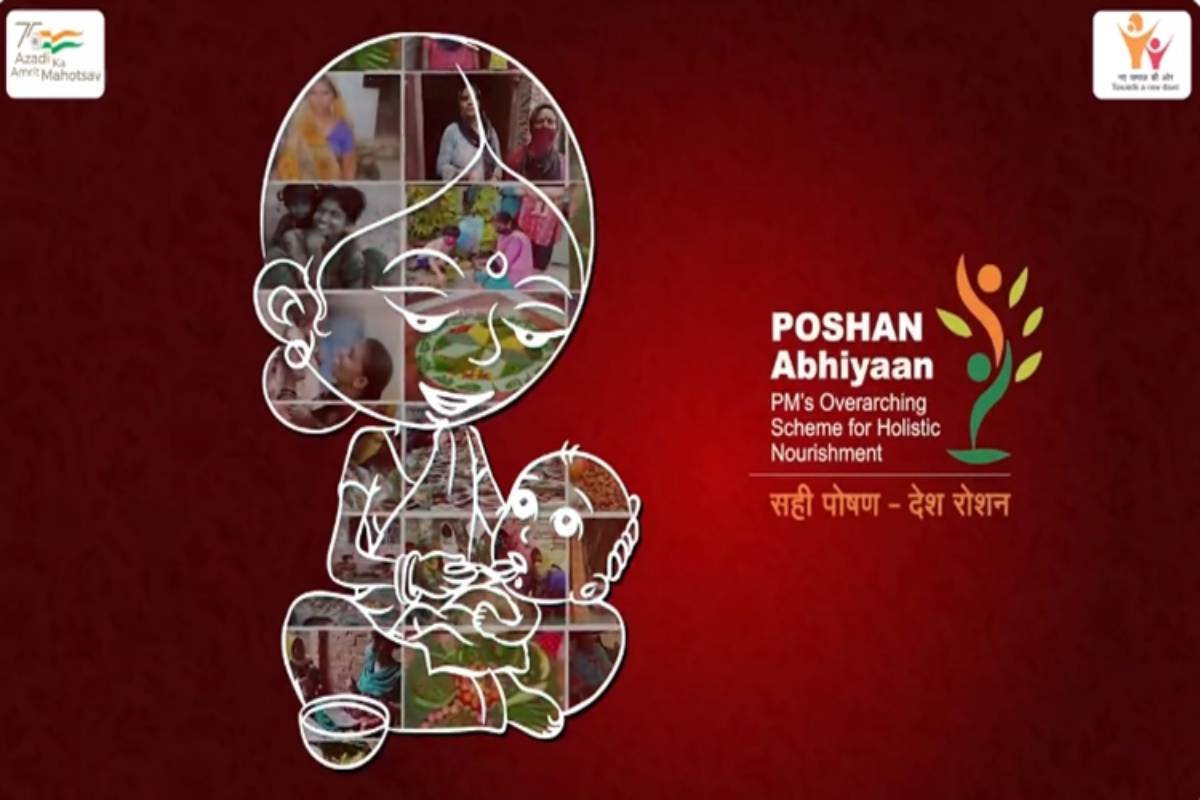What is Poshan Pakhwada? Learn about India’s nutrition mission for women and children
This year’s Poshan Pakhwada isn’t just about promoting nutrition—it’s about community participation, smart technology, and local solutions that work.

This year’s Poshan Pakhwada isn’t just about promoting nutrition—it’s about community participation, smart technology, and local solutions that work.

In a groundbreaking initiative to empower adolescent girls, the first ‘Adolescent Girls Club’ under Mission Shakti was launched at Don Bosco Higher Secondary School in Wokha, Nagaland.

The event brought together Union and State Ministers, senior government officials, and stakeholders to discuss key welfare initiatives for women and children across the country.

Communist Party of India (Marxist) (CPIM) General Secretary Sitaram Yechury on Sunday hit out at the Central government over India's poor ranking in the International Hunger Index and alleged that the Centre is not ready to accept any international figures.

Under the Poshan Maah Scheme, four lakh 37 thousand Anganwadi Centres have set up Poshan Vatikas or Nutri-gardens to provide easy and affordable access to fruits, vegetables, medicinal plants and herbs.
It will benefit all children who have lost both parents or surviving parent or legal guardian/adoptive parents/single adoptive parent due to Covid-19 pandemic, starting 11 March 2020 the date on which WHO has declared and characterized Covid-19 as pandemic till December 2021,
Smriti Irani, the WCD Minister in a written reply to a question in Lok Sabha said that as per the Child Adoption Resource Information and Guidance System (CARINGS), an online portal of the Central Adoption Resource Authority, 1,614 children with special needs had been placed in-country and inter-country adoptions during the past five years.
The Oxfam Report specifically recommended higher support for programmes like creches, sanitation, domestic water supply and kitchen gas stoves as well as other schemes which help women to save time and avoid too much fatigue in daily work.
The health minister asked state representatives to take lessons from the experience of the polio campaign in which besides efforts from the states, various non-state partners and stakeholders had joined hands to achieve set targets.
Each of these special courts are expected to dispose of at least 165 such case per year, said a proposal by the Department of Justice under Union Law Ministry.
